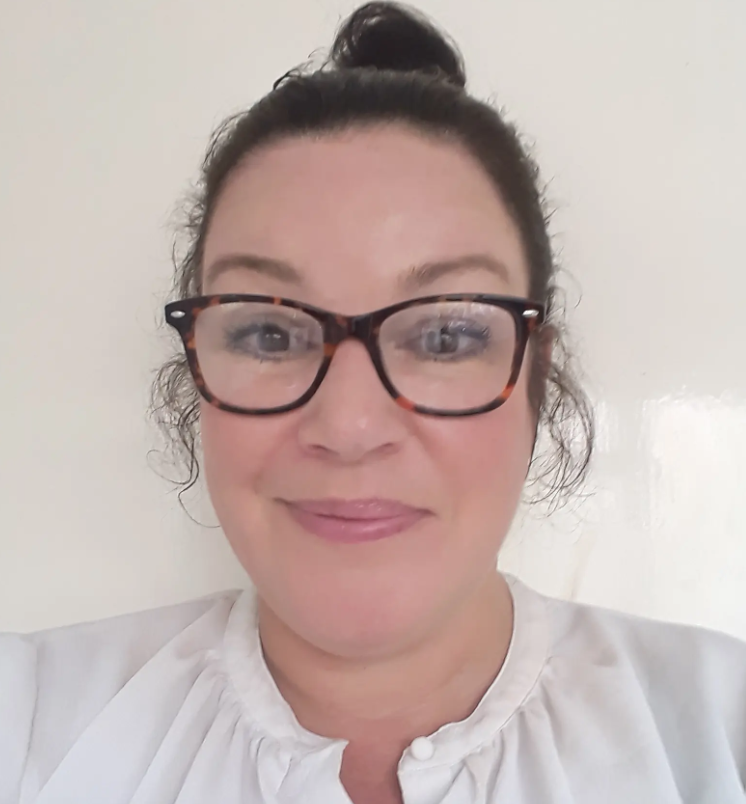Emma Foster is a counsellor in Surbiton, Bagshot, and online
What attracted you to become a therapist?
During my twenties I went through a traumatic experience that changed my life and my circumstances and made me view the world in a different way. I learnt that a lot of people felt anxious, alone and isolated in their experiences. I wanted to reach out to those people, help them through difficult times and guide them through self-discovery, exploration and self-growth.
Where did you train?
The University of Greenwich
Can you tell us about the type of therapy you practise?
I offer solution-focused therapy with an integrative approach. This means that I can fit the therapy to the client needs.
How does your therapy help with trauma?
I work a lot with trauma and the impact that this has on the mind as well as the body. Symptoms vary from person to person but a lot of people have problems with relationships, anxiety, communication and their self-worth.
What sort of people do you usually see?
I work with adult individuals and older teenagers.
I also work with couples who are experiencing difficulties within their relationship.
What do you like about being a therapist?
I like the journey that I go on with the client, watching them grow and waiting for the "aha" moment when the client is able to put the pieces together themselves.
What is less pleasant?
Hearing the deliberate pain that a person has inflicted on another.
How long you've been with welldoing.org and what you think of us?
I have been using you for over a year and have had some good referrals.
Do you ever suggest books or apps to clients?
The State of Affairs by Esther Perel and Trauma is Really Strange by Steve Haines.
What you do for your own mental health?
I have regular supervision. I take time out to read a lot and find time just for myself.
What's your consultation room like?
My room is part of a centre where other therapies take place. It is part of a converted Tudor building and has beautiful features throughout.
What do you wish people knew about therapy?
That it is a process, peeling back the layers until we get to the root of the issue.
What did you learn about yourself in therapy?
Before I had therapy I used to be a people-pleaser and ignore my own needs and wishes. I learnt to put in boundaries, create healthier relational dynamics and communicate my own needs more effectively.



